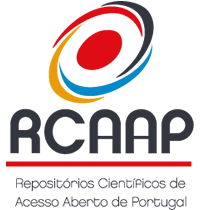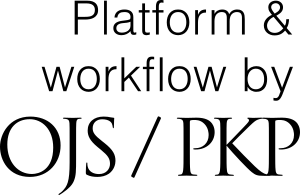Cell microarray as a powerful tool to accelerate cancer research: focus on drug screening
DOI:
https://doi.org/10.48797/sl.2023.93Keywords:
PosterAbstract
Background: Designing reliable in vitro assays is crucial to attain impactful results in oncology research. Cell Microarray (CMA) has become a key tool to accelerate cancer research as many samples can be evaluated at the same time in a single slide, allowing the evaluation of many prognostics, diagnostics, and therapy response biomarkers. Previously, we described a model of drug combination using antineoplastic and repurposed drugs to find alternative oncology regimens [1,2]. Objective: The purpose of this study is to adapt a histology-based method to evaluate the changes on biomarkers expression during drug efficacy tests and explore the mechanisms of therapy resistance in a chip-like tool such as a CMA. Methods: Two chemoresistant ovarian cancer models, i.e., OVCAR8 (Carboplatin-resistant) and OVCAR8 PTX RP (Carboplatin and Paclitaxel-resistant) cell lines [3] were incubated for 48 h with Carboplatin and Paclitaxel, alone and combined with repurposed drugs (Pitavastatin, Metformin and Ivermectin), using their half-maximal inhibitory concentration (IC50) previously assessed. Next, we collected the cells subjected to all assay conditions and constructed a CMA, gathering all the conditions in a single paraffin block [3-5]. Results: CMA have the potential to accelerate cancer research studies since it allows the evaluation and comparison of a variety of cell culture conditions, such as several cell lines, time-points, and different therapeutical conditions, on a single microscope slide [4,5]. Conclusions: This approach represents a rapid and cost-effective screening tool to accelerate anti-cancer drug efficacy studies, allowing the discovery of biomarkers capable to predict therapy responses and to unveil the mechanism of action of new drugs, repurposed drugs, and drug combinations.
References
1. Nunes, M.; Duarte, D.; Vale, N.; Ricardo, S. Pitavastatin and Ivermectin Enhance the Efficacy of Paclitaxel in Chemoresistant High-Grade Serous Carcinoma. Cancers (Basel) 2022, 14.
2. Nunes, M.; Duarte, D.; Vale, N.; Ricardo, S. The Antineoplastic Effect of Carboplatin Is Potentiated by Combi-nation with Pitavastatin or Metformin in a Chemoresistant High-Grade Serous Carcinoma Cell Line. Int J Mol Sci 2022, 24.
3. Nunes, M.; Silva, P.M.A.; Coelho, R.; Pinto, C.; Resende, A.; Bousbaa, H.; Almeida, G.M.; Ricardo, S. Generation of Two Paclitaxel-Resistant High-Grade Serous Carcinoma Cell Lines With Increased Expression of P-Glycoprotein. Front Oncol 2021, 11, 752127.
4. Duarte, D.; Nunes, M.; Ricardo, S.; Vale, N. Combination of Antimalarial and CNS Drugs with Antineoplastic Agents in MCF-7 Breast and HT-29 Colon Cancer Cells: Biosafety Evaluation and Mechanism of Action. Bio-molecules 2022, 12.
5. Magalhaes, A.C.; Ricardo, S.; Moreira, A.C.; Nunes, M.; Tavares, M.; Pinto, R.J.; Gomes, M.S.; Pereira, L. In-fectionCMA: A Cell MicroArray Approach for Efficient Biomarker Screening in In Vitro Infection Assays. Pathogens 2022, 11.
Downloads
Published
How to Cite
Issue
Section
License
Copyright (c) 2023 M. Nunes, D. Nunes, A. Costa, S. Ricardo

This work is licensed under a Creative Commons Attribution 4.0 International License.
In Scientific Letters, articles are published under a CC-BY license (Creative Commons Attribution 4.0 International License), the most open license available. The users can share (copy and redistribute the material in any medium or format) and adapt (remix, transform, and build upon the material for any purpose, even commercially), as long as they give appropriate credit, provide a link to the license, and indicate if changes were made (read the full text of the license terms and conditions of use).
The author is the owner of the copyright.









